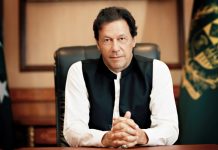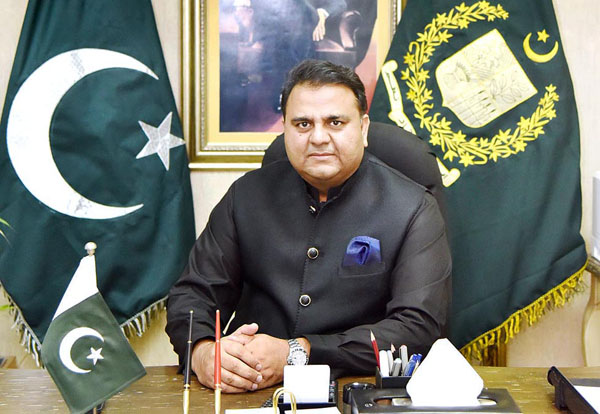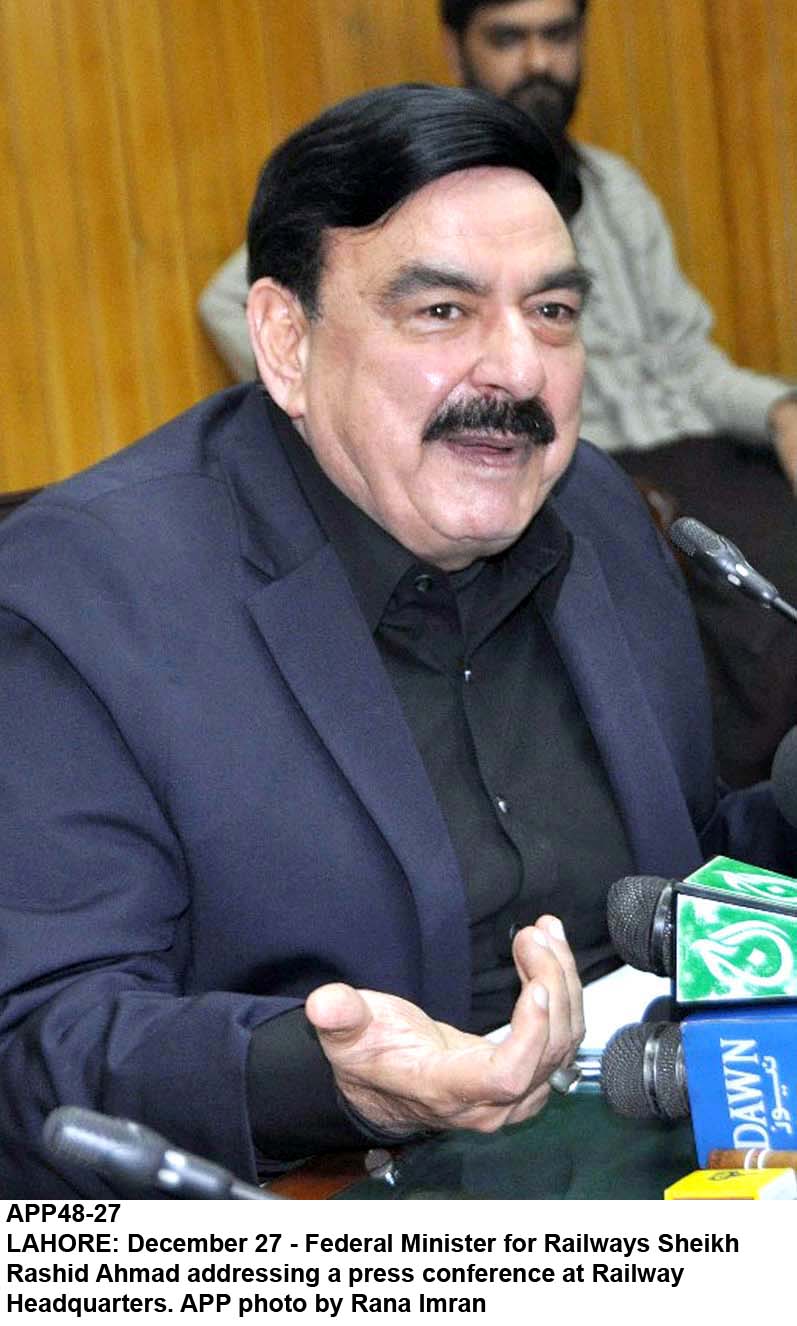ISLAMABAD: To bring about a major change in Pakistan-Afgha
nistan relations, the two states need to interact with sincerity, focusing on people and overcoming misperceptions about each other. Overcoming mistrust remains a key challenge.
These thoughts were expressed by speakers at the national seminar, “Pakistan-Afgha
nistan Relations: Exploring the Way Forward”, organised by the Pak Institute for Peace Studies (PIPS), an Islamabad-based think tank, with the support of Friedrich Ebert Stiftung (FES).
The conference explored new avenues opened up for peace in the region with the establishment of a new government in Pakistan.
Taking cue from
the past,
the participants recalled that the latest attempt to explore the way forward in Pakistan-Afgha
nistan ties was not the first one. The Afghan ambassador to Pakistan stressed that when it comes to the recent past, there has been ‘no shortage’ of official visits and positive statements. The highest number of visits by Afghan President Hamid Karzai to any foreign country was to Pakistan, he said. Veteran journalist Rahimullah Yousafzai said when Ashraf Ghani became Afgha
nistan’s president, a ray of optimism beamed in Pakistan. Similarly, from Pakistan’s side, successive governments have tried their best to move the relations further.
And yet, for all these efforts, there are reports of starting afresh with the same goal – moving forward. This, participants said, owed to ‘mistrust’ and ‘misperception’ about each other. The two states need to interact with honesty and sincerity. PIPS director Muhammad Amir Rana said there was a dire needs to move past
the past. The Afghan ambassador suggested that the bilateral relationship should be made a part of
the political discourse on both sides, saying, “We need to interact within ourselves, not just with each other only.”
The participants suggested a range of steps to reset the ties: Rahimullah Yousafzai argued that Pakistan should strike friendship with all ethnic groups in Afgha
nistan, instead of a particular group. Lt. General (retd) Hamid Khan, former Corps Commander of Peshawar, noted that ‘coordinated operation’ can be conducted against common threats, such as ISIS.
The new dimension of ‘religion diplomacy’ was also discussed in light of recent international dialogues involving Pakistani and Afghan scholars on violence in Afgha
nistan. A participant of those dialogues, Dr. Qibla Ayaz, the chairman of the Council of Islamic Ideology (CII), shared that a range of scholarly issues such as religious justification of war in Afgha
nistan had come under discussion in those sessions.
The participants also touched upon the debate surrounding Prime Minister Imran Khan’s statement of
awarding citizenship to Afghan refugees. Former diplomat Aziz Ahmed Khan said that even if citizenshi
p was not offered, some middle way could be found t
o deal with the matter, such as by some kind of resident cards. An Afghan diplomat suggested that his government’s policy was in support of voluntary and dignified repatriation.
Meanwhile, human rights activist Marvi Sirmed said that women on both sides had suffered the most when the relations deteriorated. Lamenting the negligible presence of women in Pak-Afghan Plan of Action, she called for including more women voices in any framework that seeks a durable solution to the issue.
Published in Daily Times, September 5th 2018.










